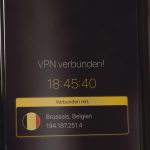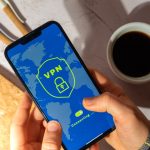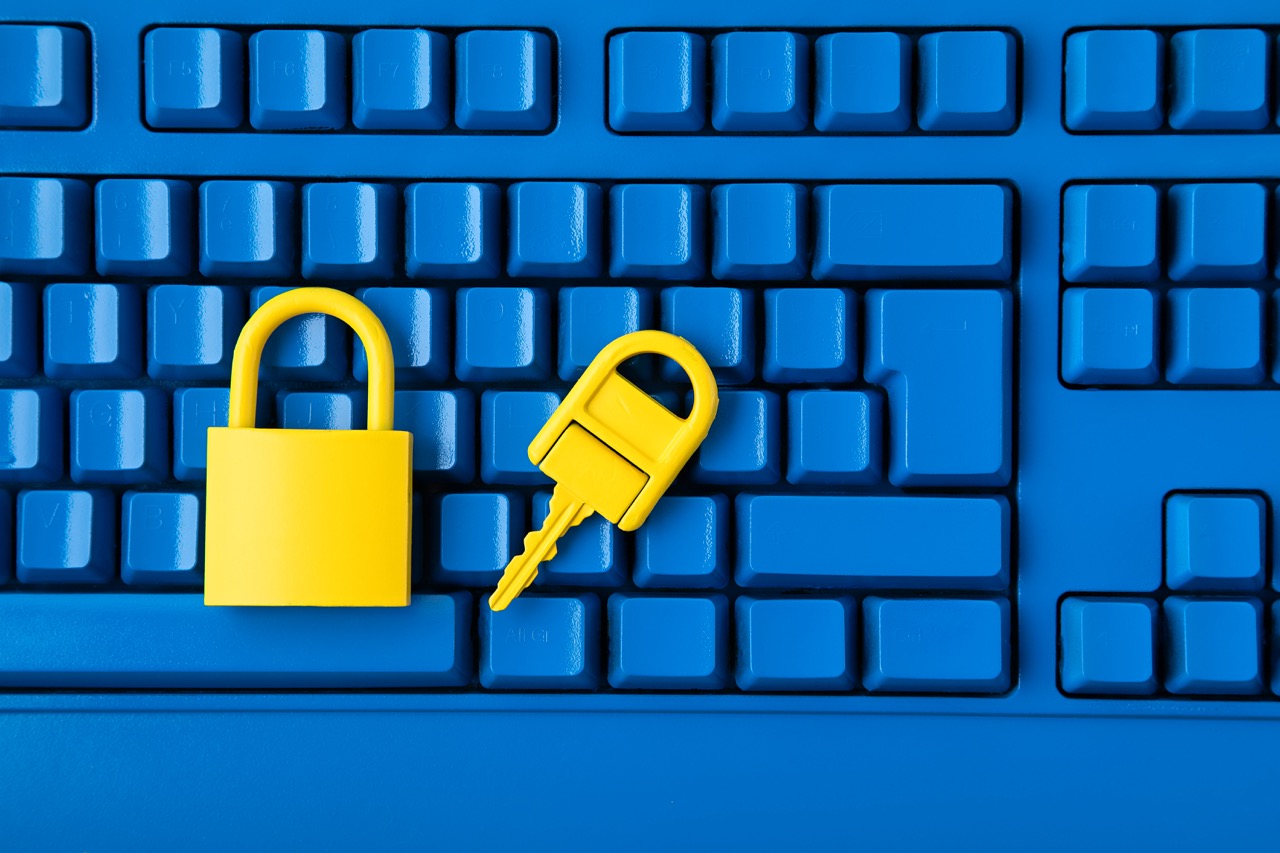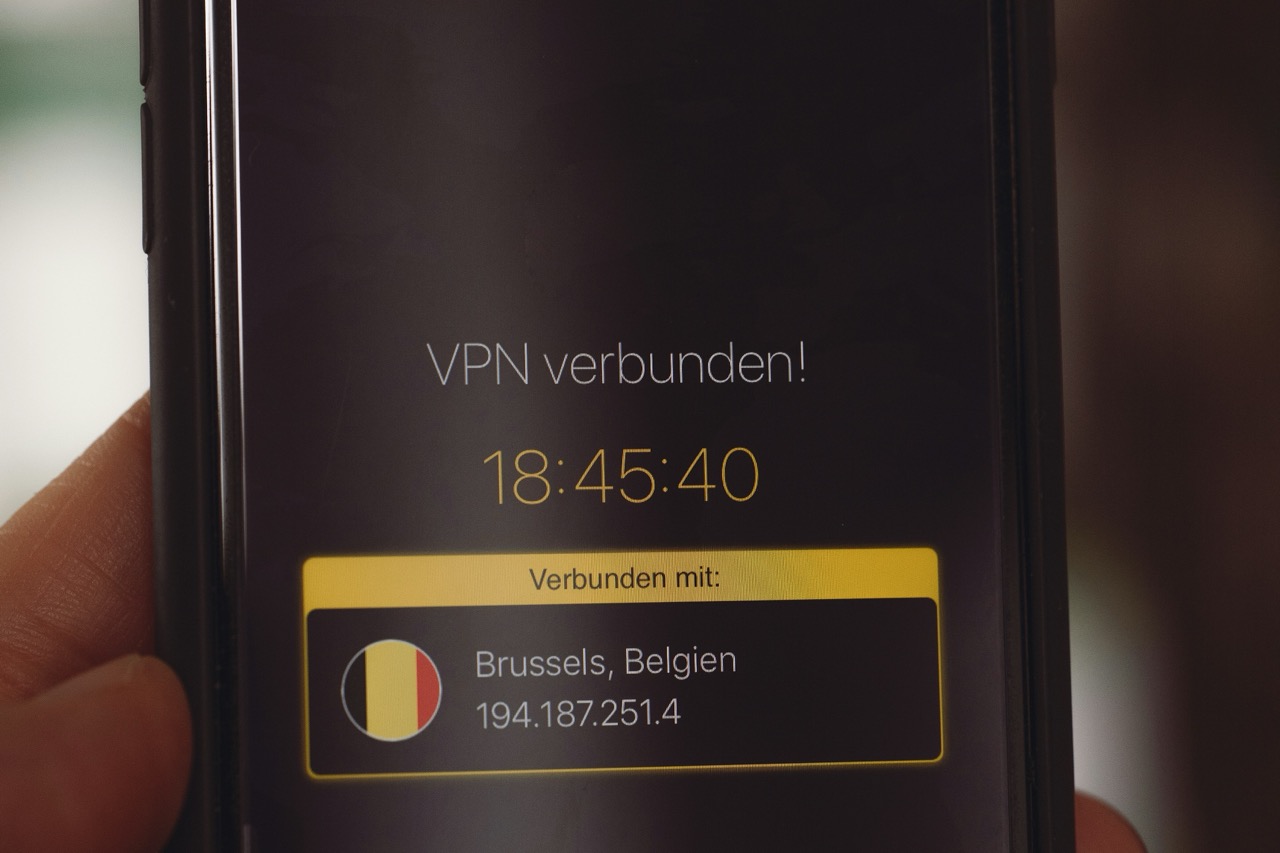In the realm of internet privacy, Virtual Private Networks (VPNs) have gained immense popularity for their ability to obscure users’ online activities. Among VPN offerings, zero-log VPNs have emerged as a preferred choice for privacy-conscious users. However, various misconceptions surrounding zero-log VPNs can lead to misunderstanding their functionality and efficacy. This article aims to clarify these misconceptions, providing a technical overview and practical insight into zero-log VPNs.
Understanding Zero-Log VPNs: A Technical Overview
Zero-log VPNs are designed to provide enhanced privacy by not keeping records of user activity. Unlike traditional VPNs, which may log connection times, IP addresses, and browsing histories, zero-log providers claim to retain no identifiable information. This principle is rooted in various privacy laws and regulations that aim to protect user data. Understanding the technical mechanics behind these VPNs reveals how they can better serve users seeking anonymity.
The operation of a zero-log VPN typically involves the use of encryption protocols, which secure data during transmission. These protocols, such as OpenVPN and WireGuard, provide a secure tunnel for internet traffic, ensuring that data remains confidential while traversing the web. Additionally, these VPNs often implement features like DNS leak protection and kill switches, which further enhance user privacy. As such, the technical foundations of zero-log VPNs contribute to their appeal among privacy advocates.
However, it is crucial to recognize that the mere presence of a zero-log policy does not equate to complete privacy. Users must assess not only the claims made by VPN providers but also the underlying infrastructure and policies in place. With a clearer understanding of how zero-log VPNs operate, users can make more informed decisions regarding their online privacy.
Misconception 1: All VPNs Offer Complete Anonymity
One of the most pervasive misconceptions is that all VPNs guarantee complete anonymity. While VPNs can mask a user’s IP address and encrypt data, they cannot provide absolute anonymity. Factors such as user behavior, the VPN provider’s policies, and the technology employed all play critical roles in determining the level of anonymity achieved.
For instance, if a user accesses a website while logged into an account with identifiable information, their anonymity is compromised regardless of the VPN employed. Furthermore, VPNs operate within a legal framework, which may require them to comply with law enforcement requests for data under certain circumstances. This reality highlights that users must exercise caution and employ additional privacy measures when navigating online.
Ultimately, while zero-log VPNs can mitigate the risk of exposure, they cannot wholly eliminate it. Users should be aware that complete anonymity is often a combination of using a VPN alongside other privacy tools and practices, such as secure browsing habits and the use of anonymous payment methods.
Misconception 2: Zero-Log Means No Data Collected
Another common misunderstanding is that "zero-log" unequivocally means that no data is collected whatsoever. In reality, while zero-log VPNs do not retain user activity logs or identifiable information, they may still collect minimal metadata necessary for service functionality. This can include connection timestamps or bandwidth usage, which, while non-identifiable, may still be considered a form of data collection.
It is essential to differentiate between the types of data collected. Zero-log VPNs often implement stringent data minimization practices, ensuring that any metadata collected is not associated with an individual user. Nevertheless, some users mistakenly equate zero-log policies with the complete absence of data handling, which can lead to unrealistic expectations regarding privacy.
Moreover, the extent and nature of data collection can vary significantly among zero-log VPN providers. Some may adhere to stricter policies than others, making it important for users to conduct thorough research before choosing a service. Ultimately, while zero-log policies signal a commitment to privacy, users should not assume that no data is collected at all.
Misconception 3: Zero-Log VPNs Are Always Slower
A prevalent belief is that zero-log VPNs inherently result in slower internet speeds due to the additional encryption overhead and routing processes. While it is true that encryption can introduce some latency, the actual speed experienced by users can vary widely depending on several factors, including the VPN provider’s infrastructure, server locations, and the user’s internet connection.
Many zero-log VPN providers have invested in high-speed servers and advanced technologies to minimize speed loss while maintaining robust security measures. Additionally, factors such as server load, distance from the user, and the chosen protocol can significantly impact performance. Users may find that some zero-log VPNs can even offer faster speeds than their logging counterparts, particularly in cases where the latter may throttle connections.
Thus, while speed can be a concern, it is not an inherent flaw of zero-log VPNs. Users are encouraged to test different providers and servers to identify the best performance for their specific needs. By doing so, they can enjoy the benefits of enhanced privacy without compromising on internet speed.
Misconception 4: They Provide Absolute Security Guarantees
The belief that zero-log VPNs offer absolute security guarantees is another misconception that requires clarification. While a zero-log policy enhances privacy and minimizes the risk of data exposure, it does not create an impenetrable security barrier. In fact, various factors, including the VPN’s encryption standards, user practices, and external threats, all contribute to the overall security landscape.
Zero-log VPNs may utilize robust encryption protocols, such as AES-256, which provide a high level of data protection. However, users should not overlook other vulnerabilities that may arise from insecure devices, outdated software, or poor online habits. A VPN can significantly reduce risk, but it is not a standalone solution; users must still adopt comprehensive security measures to protect their data.
Furthermore, no VPN can guarantee protection against every potential threat, such as advanced cyberattacks or government surveillance. Users should remain vigilant and use additional privacy-enhancing tools and strategies alongside zero-log VPNs to ensure a more secure online experience.
Misconception 5: Zero-Log Policies Are Unregulated and Trustless
Lastly, there is a misconception that zero-log policies are unregulated and entirely trustless. While it is true that the VPN industry lacks uniform regulation, many zero-log VPN providers operate within legal jurisdictions that impose data protection laws. These laws can offer a degree of assurance to users that their data will be handled responsibly.
Furthermore, reputable zero-log VPN providers often undergo independent audits to verify their claims and bolster consumer confidence. These audits can help establish a level of trust beyond mere marketing claims, providing transparency regarding data handling practices. Users should look for VPNs with a history of audits or certifications, as these can serve as indicators of a provider’s commitment to maintaining a genuine zero-log policy.
Ultimately, while the absence of universal regulations may raise concerns about trustworthiness, diligent users can still identify reliable zero-log VPNs by examining their policies, seeking third-party reviews, and verifying independent audits. This approach can help users navigate the landscape more effectively and choose a VPN provider that aligns with their privacy needs.
In conclusion, the misconceptions surrounding zero-log VPNs can obscure their true value in enhancing online privacy. Understanding the technical underpinnings of these services, alongside the realities of data collection, speed, security, and regulation, empowers users to make informed decisions. As digital privacy becomes increasingly vital in our connected world, accurate knowledge about zero-log VPNs is essential for anyone seeking to safeguard their online presence.










